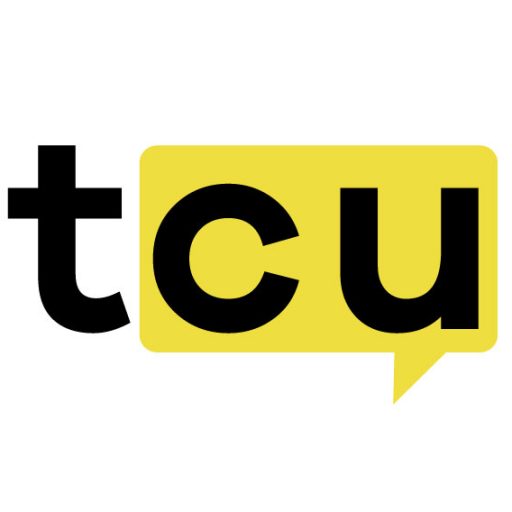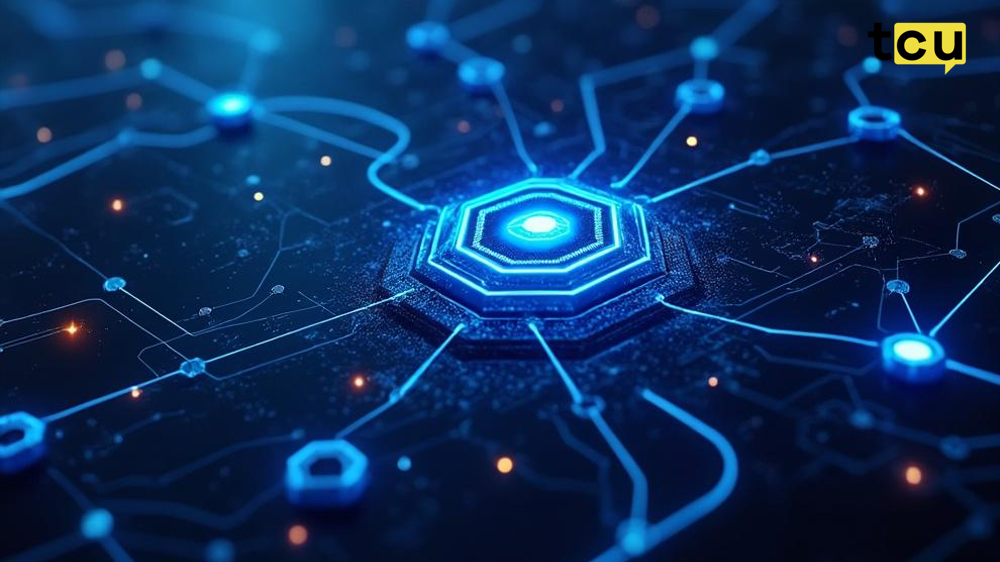Cobo Partners with Google’s AI Payment Protocol
Singapore-based digital asset custody firm Cobo has officially joined Google’s Agent Payments Protocol community, marking another significant web3 payment provider to adopt the tech giant’s emerging AI payment standard. The announcement came on October 21, positioning Cobo alongside major industry players already participating in the AP2 network.
Google’s AP2 represents an open payment standard specifically designed for the growing AI agent economy. It builds upon existing agent-to-agent communication protocols but focuses specifically on enabling secure, verifiable payments initiated by AI agents acting on behalf of users. This means autonomous systems could soon handle payment services that currently require direct human intervention.
Expanding Network of Partners
The AP2 ecosystem has grown substantially since its introduction, with Google confirming collaborations with more than 60 organizations across various sectors. The partner list reads like a who’s who of the digital payments and web3 space, including MetaMask, Coinbase’s BASE network, the Ethereum Foundation, and Circle with its USDC stablecoin.
Traditional payment giants are also involved, with Mastercard, American Express, and PayPal all listed as partners. This diverse participation suggests Google is building a comprehensive ecosystem that bridges traditional finance with emerging web3 and AI technologies.
Cobo’s Planned Contributions
Cobo has outlined specific plans for its involvement, with a live demonstration scheduled for February 2026. The company intends to develop practical applications based on the AP2 framework, though specific details remain somewhat vague. They’ve hinted at potential developments including autonomous treasury management bots, self-executing DeFi strategies, and systems for on-demand computing purchases.
Given Cobo’s established reputation in institutional custody solutions, their contribution likely centers around providing the secure back-end infrastructure necessary for AP2’s auditable payment systems. This makes sense – if AI agents are going to handle payments autonomously, the underlying security and verification mechanisms need to be rock-solid.
Broader Implications for Web3
The AP2 protocol could significantly impact web3 payments and business models. By enabling AI agents to initiate payments with proper authorization and clear audit trails, it opens possibilities for micro-payments and agent-to-agent service transactions that haven’t been practical before.
Existing implementations already show promise. The x402 extension, for example, facilitates agent-to-agent crypto payments using stablecoins through Coinbase integration. This demonstrates how traditional crypto infrastructure can integrate with emerging AI payment standards.
Cobo’s recent partnership history suggests they’re strategically positioning themselves at the intersection of traditional finance, web3, and emerging technologies. Their March 2025 collaboration with Core to introduce dual Bitcoin staking solutions shows a pattern of building bridges between established crypto infrastructure and new technological frontiers.
While the February 2026 demo timeline gives the industry time to prepare, the broader implications are already becoming clear. As AI agents become more capable of handling financial transactions, protocols like AP2 will need to ensure security, transparency, and user control remain central to the experience.
![]()


